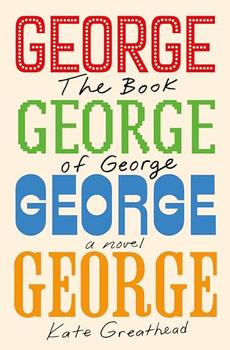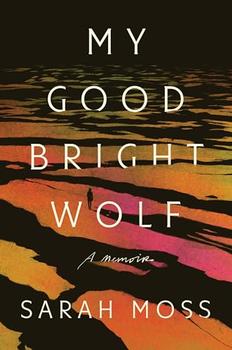Summary | Excerpt | Reviews | Beyond the Book | Readalikes | Genres & Themes | Author Bio

Face-to-Face with Modern-Day Slavery
by E. Benjamin Skinner
We rode on past increasingly rural and far-spread outposts, which looked like spaghetti western sets in decline. Everywhere we rumbled past men, agape at my presence, with machetes; and gawking women with loads on their heads, a whip in their hands, and a donkey leading the way.
The red mud turned dark brown. The inclines along the edge of the path quickly became more severe, and at a few places, the track disappeared entirely, sliding off into precipices below. The surrounding green was fiercely vibrant. As we came around a long turn, we breached the fog and could see over the jagged hills to the sea.
Half an hour into the trek, a light rain turned into a downpour. My foot, swelling from the crash, gave way and I went down in the ankle-deep mud, covering myself from head to toe. We turned off the road, down a nine-foot steep slickrock, stumbling into a different world. We came into a tin-roofed shack and asked the farmer for shelter. The farmer had a scruffy beard, gentle eyes; he was missing all of his front teeth. He sat on the floor with his neighbor, separating corn kernels from their cobs. They both wore straw hats, filthy shirts, and overalls. The place smelled heavily of kerosene from the only light source -- a lamp in the next room. Save for a couple of plastic water jugs and a girl's jelly sandals, nothing would have been out of place in mid-nineteenth-century rural America.
We sat in silence as the rain poured down and the farmer's wife, mostly cloistered in the other room, filled up buckets of water from several leaks in the rusted tin roof. The farmer gave us the only chairs in the house, handmade out of straw and unfinished wood. At one point, he wordlessly ordered me to turn around, unsheathed a sickle, and cut mud from the back of my pant leg. The farmer's young son sat in the corner, wearing a threadbare tunic. A dog stood near the opposite hut, its eyes shut, willing itself to be dry. Finally, the rain eased up, I thanked the farmer with 25 gourdes, and we headed on.
I was retted on the outside from rain, and inside from sweat. Exhausted, we climbed the last several hundred meters to Brésillienne's town hall -- a simple reed and log church, with a dirt floor and floating, hand-carved pews. We were at the highest point of the surrounding hills. From this elliptical plateau, we looked out to the ocean and 360 degrees of the fog-shrouded, rugged green hills. Christopher Columbus described this land but saw it only from the sea.
The view temporarily made me forget the poverty all around. Trajean reminded me with a coconut, which he opened with a machete and handed to me. He did so because, like 77 percent of rural Haiti, Brésillienne has no access to safe water. As a comparison, in Burundi, the poorest country in the world, 31 percent have no clean water.
People here live much as they would have in L'Ouverture's day. Everyone farms, but only occasionally sell their yucca and potatoes in Bainet. The worst harvest in local memory was in 2003, but 2004 and 2005 were also terrible. One crop, however, never faltered.
"Timoun se richès malere," say Haitians: "Children are the riches of the poor." Nationwide, the average woman has 4.8 children. Every family in Brésillienne has at least two children under the age of fifteen; one household produced eighteen children in a single generation. Men won't use condoms here, and women avoid the pill, claiming it makes them sick and takes away their appetites. But the real reason families have so many children lies in the two-in-five childhood mortality rate, and an understanding that, as long as the crops come up, ext
Copyright © 2008 by E. Benjamin Skinner




At times, our own light goes out, and is rekindled by a spark from another person.
Click Here to find out who said this, as well as discovering other famous literary quotes!
Your guide toexceptional books
BookBrowse seeks out and recommends the best in contemporary fiction and nonfiction—books that not only engage and entertain but also deepen our understanding of ourselves and the world around us.